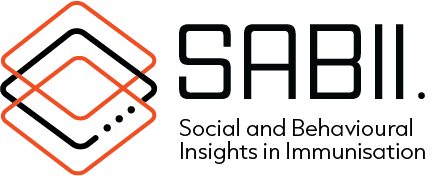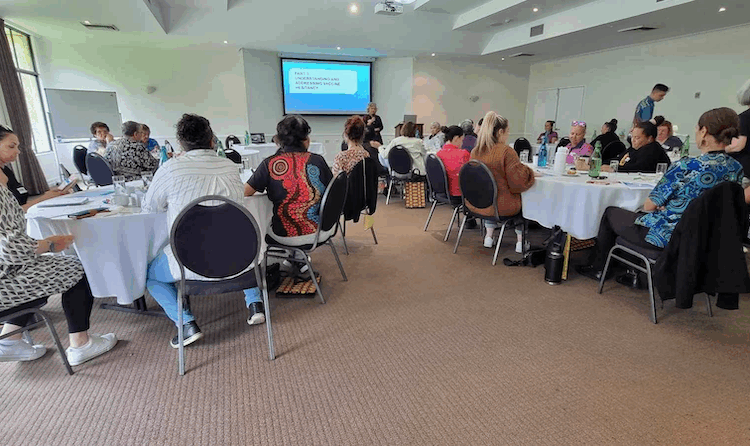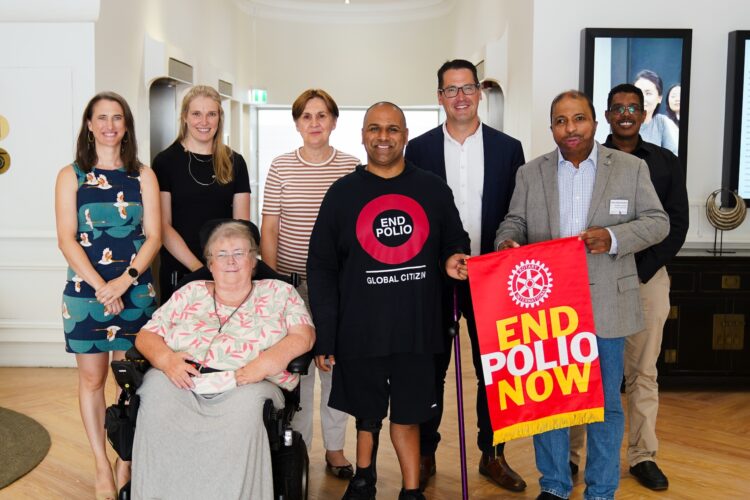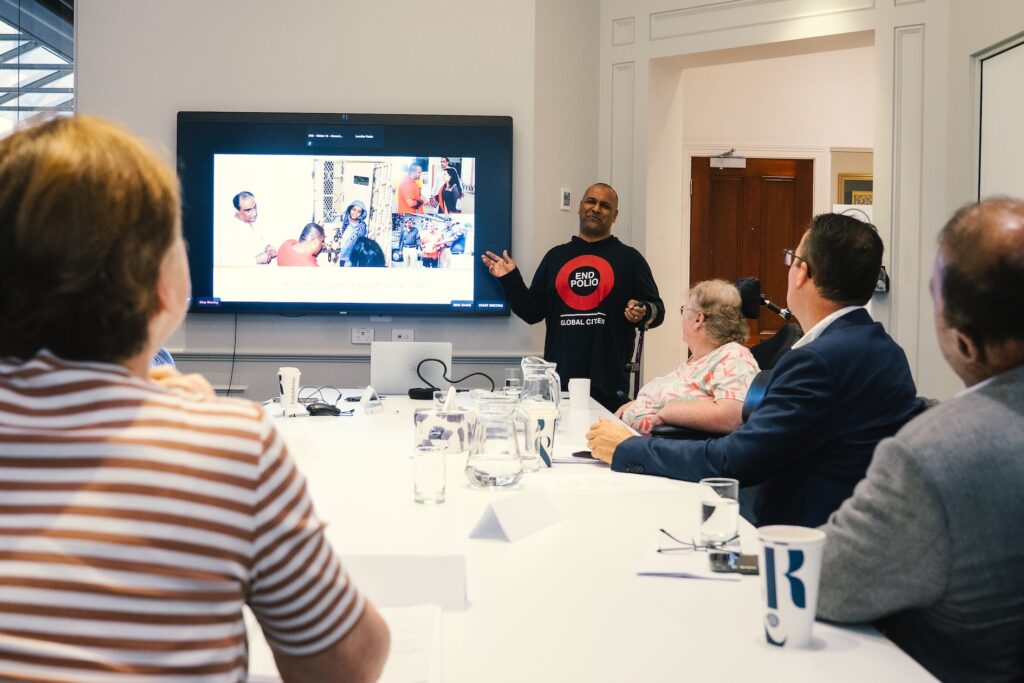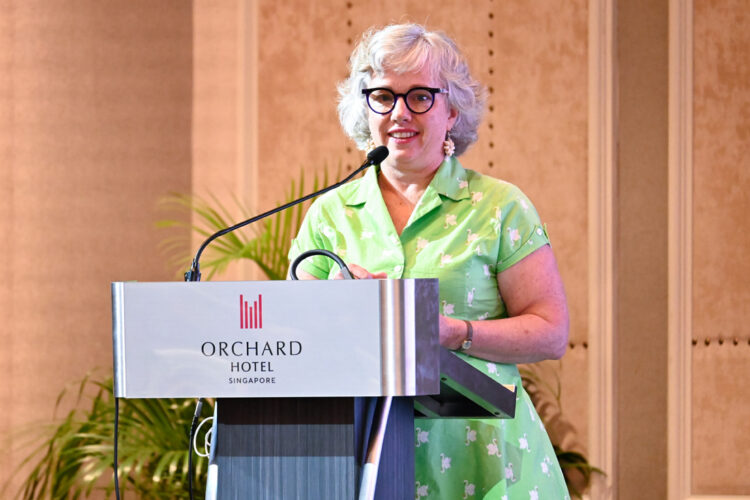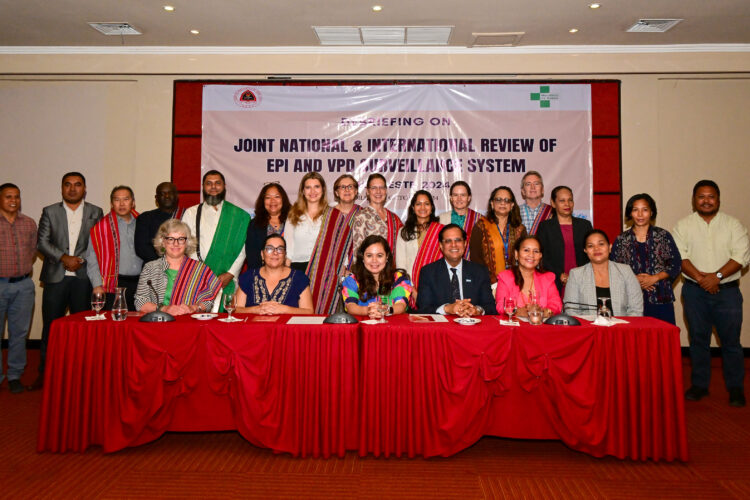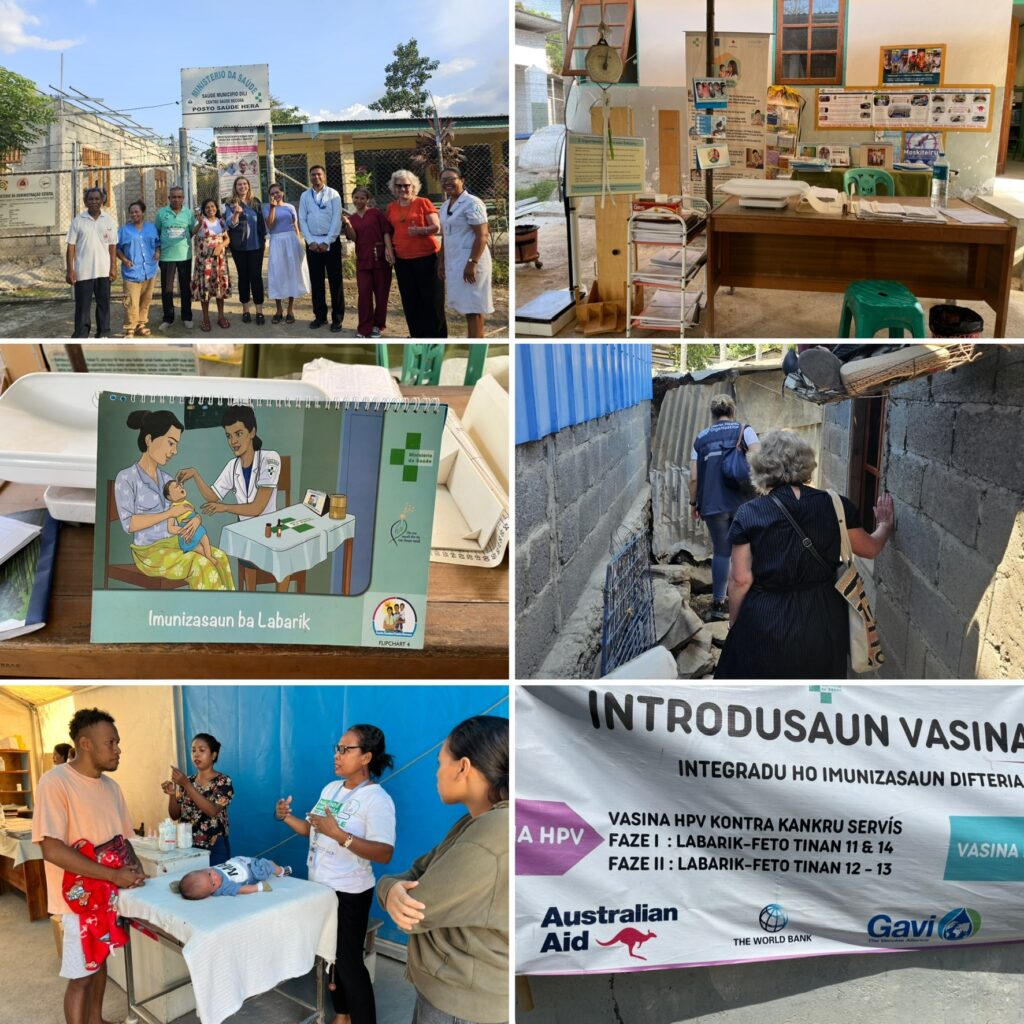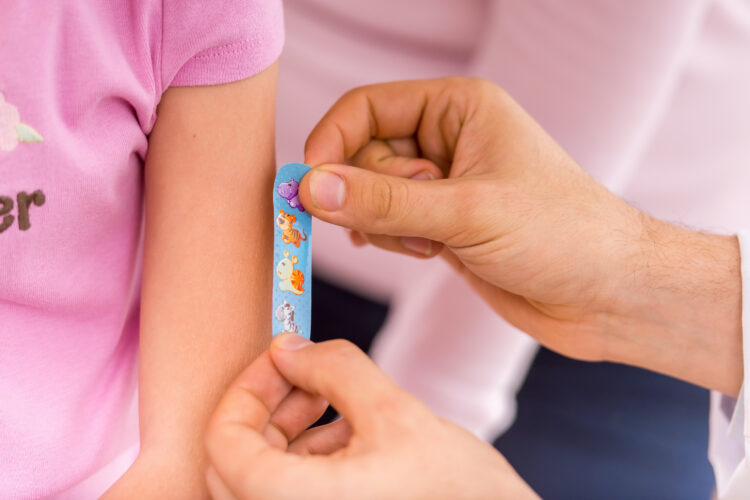A new Australian and New Zealand Journal of Public Health study has shed light on the importance of Aboriginal-led education to address the many factors that influence Aboriginal and Torres Strait Islander peoples’ acceptance of vaccines.
The study was led by four Aboriginal women – Elizabeth Harwood, Kylie Taylor, Katrina Clark and Kristy Crooks – and incorporates Indigenist research methodologies, enabling control over data and honouring Indigenous Data Sovereignty principles.
The study assessed the effectiveness of Aboriginal-led vaccine conversation workshops attended by 70 participants, most of whom provide immunisation services to Aboriginal and Torres Strait Islander communities in the Hunter New England (HNE) region, in New South Wales.
The workshops – titled ‘Keeping Mob safe: yarning about vaccination’ – were designed and facilitated by Aboriginal public health professionals in collaboration with non-Aboriginal public health experts with backgrounds in immunisation, public health and social science (Peter Murray and Jody Stephenson of the HNE Public Health Unit, Kasia Bolsewicz from NCIRS and Julie Leask from SABII at the University of Sydney).
Facilitators created a culturally safe environment where workshop participants could discuss their experiences with, and concerns about, scheduled and recommended vaccinations through different types of ‘yarning’ – enabling the open sharing of ideas, suggestions and concerns.
The research team iteratively refined the workshops based on participant feedback and community needs, incorporating culturally appropriate imagery and adapting the Sharing Knowledge About Immunisation (SKAI) resource ‘Example of a supportive flu vaccine yarn’.
Five key themes emerged across the workshops:
1. Information, knowledge and education
2. Trust and mistrust
3. Personal, community and cultural factors
4. Access and logistics
5. Communication and connection
The authors concluded a community-led and engaged approach – one designed and championed by Aboriginal and Torres Strait Islander peoples – can enhance vaccine knowledge and confidence. This approach also empowers immunisation providers and community members to have supportive conversations about vaccination with Aboriginal and Torres Strait Islander peoples. They also suggest this model has the potential to be implemented more widely to address vaccine hesitancy and build resilience against threats to public confidence in vaccines in future.
Further Information:
The full article, Yarning about vaccinations: Empowering individuals to have supportive conversations with Aboriginal peoples about vaccinations, using a community-engaged approach has been published in the Australian and New Zealand Journal of Public Health.
Click below to download the Final Report and the Resource Toolkit, Having the Yarn: A practical resource for health workers facilitating vaccine workshops for Aboriginal communities
